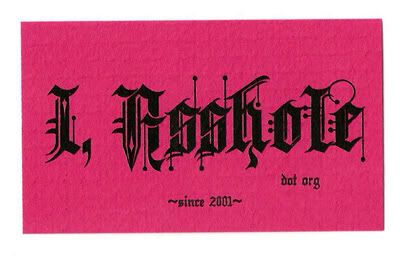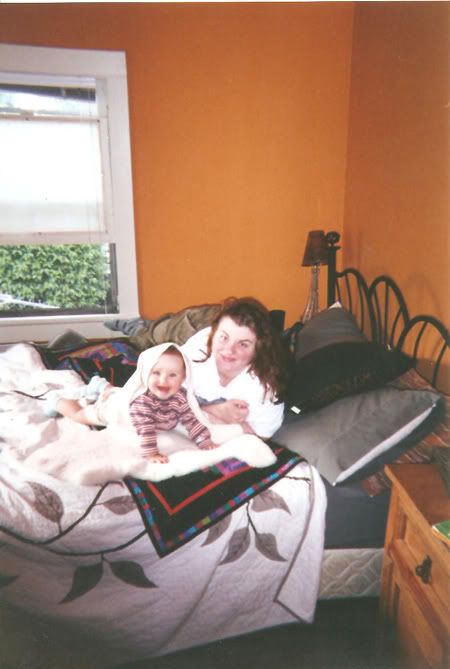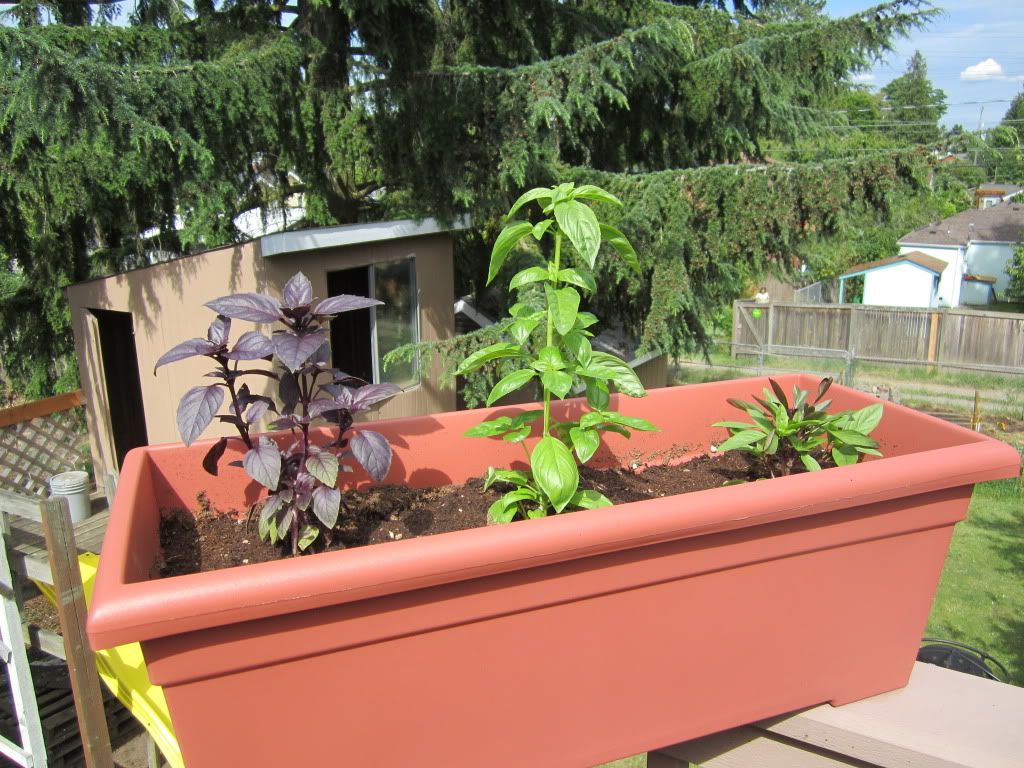I guess I am thinking about this guy a lot lately. I feel we are bulldogs holding onto each other’s throats, except kind of acting like we’re not. Like I feel your teeth on my jugular, but at the same time you are checking your cell phone and maybe doing some light macrame. I want to write about First Dates this week or next, so I’m going to write a couple of stories and then write about my first date with SeaFed.
One. I’m a Old Cowhand, 1996-2000
We moved to Arizona to get away from his grow operation and the collect calls we would get from prisons at random times. I told people that I was moving to go to college, but really I was trying for a fresh start. I really should have made “a new line of business” a condition of marriage and me moving in with him, but you think you can handle anything when you’re 18, I suppose.
I felt like a scientist trying to create a totally sterile environment in which to grow the perfect control bacteria that would compose our marriage. “If only I do X, etc,” I told myself. I was such a classic relationship “fixer” then. He said he was done with his criminal phase–he had turned over a new leaf. Or his luck had run out, he said. Maybe some of both.
I got a job and started taking classes. A small load at first, because I was scared of the fact I had been such a failure at school in the past, and then more as I got more confident. I was acing everything. He toyed with the idea of going back to school himself, having quit twice before, and I tried to be a supportive wife and offered to look over his papers and made sure not to bother him while he was studying.
Something obvious emerged then for me. I was a classic slacker–angry, shiftless, did not see the benefit of applying myself until I was out on my own–but the potential was always there. I could write a decent paper if I felt like it, I could make semi-cogent freshman-level arguments in my tiny little essays. The essays thrilled me. We had been taught the five-paragraph essay in high school but I never saw the point of actually writing one. Now I was enjoying myself. Writing well isn’t the acme of what it is to be a human being, but I was having fun exploring it, and I think at that time I began to realize even short pieces were a glimpse into people’s minds.
SeaFed started cranking out essays himself. I do recall he finished one summer semester, but I think all the other attempts were aborted, a sore point with us, since he would always quit on the week when it was too late for his father to get any sort of refund. I started looking over his work for typos, at his request, and I was shocked at what I found. When we were first dating and married we would talk for hours, something that had already dried up, and I thought he and I were kindred spirits. I thought he was like me–the potential was there for him to crank out a decent essay that was well-argued and grammatically-correct. In reality, in spite of his sincere efforts, he was not. His sentences juddered along, veering off into unexpected stops. His ideas wandered and he did not seem capable of concluding anything, really.
Maybe he will improve with practice, I thought to myself. He quit school (again) and got a job at a small sheet music store that was attached to an instrument sales and rental place. The sheet music store was a small operation of three people, including the boss. He worked 30 hours a week and spent another 30 in his practice room, after deciding to throw himself into music full time. I rarely saw him. “I’m woodshedding, like Parker,” he told me. I whined about never seeing him, a habit that broke after being ignored for long enough. “You knew I was a musician when we got together,” he reminded me.
I thought the work experience was good for him. His boss was pretty laid back and trained SeaFed on some aspects of ordering music and running the business. He formed relationships with some of the workers at the shop who were also musicians, and they played together sometimes. He got to know the other clerk well, an older man who was a musician and retirement age and working part time for the discount and to stay busy. He was diagnosed with cancer and we watched him as he become more frail and gained a fanny pack that contained his chemo drip equipment. I cried when he died and SeaFed went to the funeral, which was well-attended by his friends, natural children, and the children he had fostered over the years.
So it seemed we had our perfect little crime-free productive life in Phoenix. The city was significant to me–it seemed we had risen from the ashes and would become responsible adults. I was doing well in school, and he was working, working, and playing. I learned over time that work and music was an escape for him. I would demand balance later and come up disappointed, but at the time I appreciated the regular paycheck.
I got pregnant with Franny on New Year’s Eve in 2000, and we decided to move back to Seattle, to be closer to family and grandparents, and out of the unbearable heat. I could finish school up there, I reasoned. I finished spring semester and packed up most of the house and did the cleaning myself, just starting to show, but not yet big enough to make moving a bigger hassle than it already is. Franny fluttered while I packed boxes and sorted things for Goodwill. We were still young and poor so we were looking at renting a big U-Haul and moving ourselves as we had on the way down. He packed up his music room, of course, and we got all the boxes onto the truck. The day we left it was 113F. I was so happy to be escaping before my body got completely ungainly.
Once we got to the house we had rented in Seattle, it was up to me to unpack everything. We were splitting rent on a split level with my mother, so we put our furniture in the basement living room, and her stuff was upstairs. I went spelunking through all the boxes, unsure of what to do with everything. I found some of the music room boxes, which I knew contained odds and ends like cords and music stands.
There were two boxes that I did not know the contents of. They were very large and almost impossible for me to shift, let alone pick up. What was in them? I thought if I opened them I could ask SeaFed about them or move the contents a little at a time.
I zipped the tape open on the first box. It was filled with sheet music–small books with single songs, and larger songbooks. So much music. The second box was similarly stuffed full of hundreds of books and sheets. Had he been buying this all along? My brain raced, trying to understand. Were there receipts tucked into them, or bags, or some sign they had been paid for? There was thousands of dollars worth of music in front of me. On our budget, there was no way we could have afforded all this, and I was sure he would not keep it a secret anyway–it was just sheet music.
Then I got it. My experiment had failed–my crime-free environment that I had tried so hard to create so that we could both be healthy and sleep well at night. I thought about his boss, a kind man who was just trying to make ends meet. I thought about his coworker, lost to cancer, and the high school clerks on the rental side that he would jam with occasionally. That place throbbed with humanity, with a chance to make a human connection and do right by people. That is when I learned that SeaFed could sleep well at night, no matter what.
















